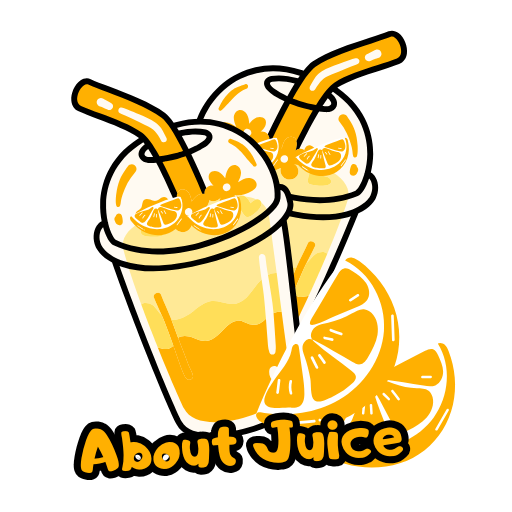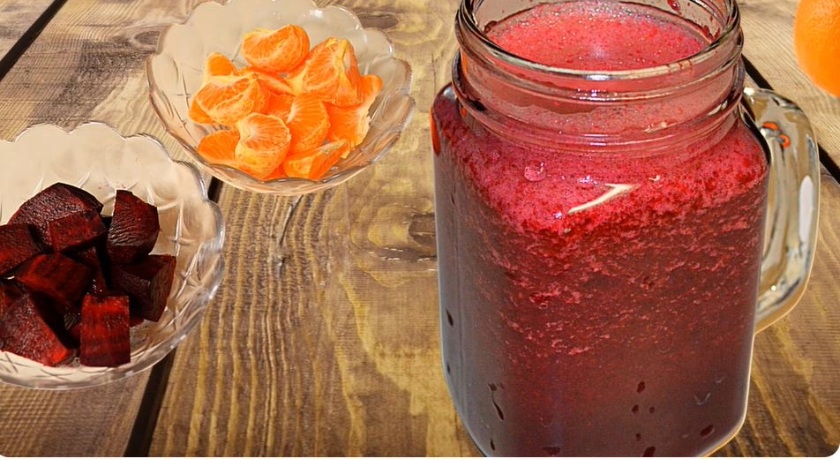I started making beetroot and orange juice on days when my energy felt drained by 11 AM. I’d read somewhere that beets support oxygen flow and after digging into the science, I realized it wasn’t just wellness-blog fluff.
This vibrant, ruby-red juice is one of the most underrated drinks for natural stamina, blood flow, and liver support and best of all. It’s affordable and easy to make at home.
🍊 Why Combine Beetroot and Orange?
Let’s start with the obvious: beets taste earthy and slightly bitter. Oranges? Sweet, tangy, and packed with vitamin C. But this combo is about more than flavor.
When you combine beetroot and orange, you’re pairing:
- Natural nitrates from beets
- With bioavailable vitamin C from oranges
This interaction maximizes iron absorption, supports red blood cell formation, and boosts nitric oxide levels — a molecule your body needs for oxygen transport and vascular flexibility.
Think of it like optimizing your body’s blood highways. Beets clear the lanes, oranges fuel the traffic flow.
🧃 Full Beetroot and Orange Juice Recipe
Ingredients (Makes 2 Servings)
- 1 medium raw beetroot (peeled, chopped)
- 2 large oranges (peeled)
- ½ inch fresh ginger (optional, for anti-inflammatory boost)
- 1 small carrot (optional, for extra vitamin A and color balance)
- ½ cup cold filtered water (only if blending)
Instructions – Juicer Method:
- Peel and chop the beet, oranges, and optional carrot/ginger.
- Feed them one by one through a slow juicer.
- Stir, taste, and serve immediately.
Instructions – Blender Method:
- Add all ingredients with ½ cup water into a high-speed blender.
- Blend on high until smooth.
- Strain using a nut milk bag or fine sieve.
- Serve fresh. Store leftovers in a sealed glass jar (max 24 hours).
🧬 Nutritional Breakdown (Per 10 oz glass)
| Nutrient | Amount | Role in the Body |
| Vitamin C | ~80 mg | Improves iron absorption, immune function |
| Folate (B9) | ~150 mcg | Critical for red blood cell production |
| Potassium | ~450 mg | Balances electrolytes, aids nerve and muscle function |
| Natural Nitrates | ~250 mg | Converts to nitric oxide, dilates blood vessels |
| Iron (non-heme) | ~1.3 mg | Supports hemoglobin levels (better absorbed with vitamin C) |
⚙️ What Does Nitric Oxide Do in the Body?
This is where it gets interesting.
When you consume dietary nitrates from beets, your body converts them into nitric oxide (NO) through a salivary and gastric chemical process. This molecule:
- Relaxes blood vessels (vasodilation)
- Improves oxygen delivery to muscles and brain
- Reduces systolic blood pressure by 4–10 mmHg on average (source: British Journal of Nutrition)
That’s why elite athletes — from runners to cyclists — often drink beet juice 2–3 hours before performance.
For everyday folks? It means better circulation, less fatigue, and clearer cognitive function during the workday.
🧪 How Beet Juice Improves Iron Absorption? The Real Logic
Beets contain non-heme iron, which isn’t as easily absorbed by the body as the heme iron from animal sources.
However — pairing them with a vitamin C-rich fruit like orange transforms that absorption rate. Here’s the simplified science:
- Non-heme iron needs to be reduced from Fe³⁺ (ferric) to Fe²⁺ (ferrous) form to be absorbed.
- Vitamin C (ascorbic acid) reduces ferric to ferrous iron in the gut.
- Result? Iron absorption can increase up to 3x compared to eating beets alone.
This is especially helpful if you’re plant-based, pregnant, or borderline anemic.
🧠 Expert Tips to Maximize the Benefits
- Drink on an empty stomach, preferably in the morning. This improves nutrient uptake.
- If you’re targeting iron absorption, don’t pair this juice with dairy — calcium blocks iron uptake.
- For athletic performance, consume 2–3 hours before workouts for peak nitric oxide production.
- Add a few mint leaves to soften the beet’s earthiness without compromising nutrients.
📈 Real Benefits I’ve Experienced
As someone who’s dealt with mild anemia and midday crashes, this juice was a game-changer.
After a week of drinking it daily, I noticed:
- Less brain fog in the afternoons
- Warmer hands and feet (improved circulation)
- More regular energy levels
- Smoother digestion (beets contain soluble fiber and betaine)
It also became part of my pre-run ritual on cardio days. The science backed what I was feeling: better endurance, and faster recovery.
🥼 Safety, Side Effects And Things to Know
- Beeturia (red/pink urine) is normal after consuming beets — not harmful.
- Not ideal for people with kidney stones (beets are high in oxalates).
- If you’re on blood pressure medication, consult your doctor — beet juice can amplify the effects.
🧴 Storage and Shelf Life
- Always store in glass, never plastic.
- Refrigerate immediately, and consume within 24 hours to retain antioxidants.
- Shake before serving, as natural sediment may form.
Why This Juice Deserve a Place in Your Routine?
This isn’t just a trendy red juice — it’s a well-studied, biologically active drink that supports the circulatory, muscular, and immune systems.
With the right pairing of beetroot and orange, you’re not just sipping vitamins — you’re activating physiological responses your body was designed for. And the best part? You don’t need a fancy cleanse or a $10 juice bar bottle.
Just two whole foods, a juicer or blender, and five minutes.
I make this juice at least 3–4 times a week. It’s simple, smart, and has real impact and I’m confident it’ll become a favorite for you too.
More Related Recipes:

